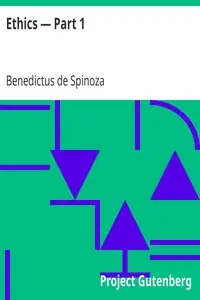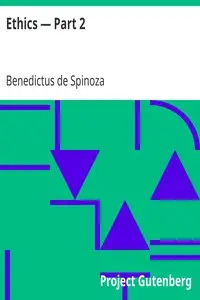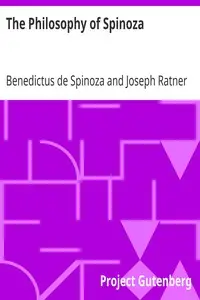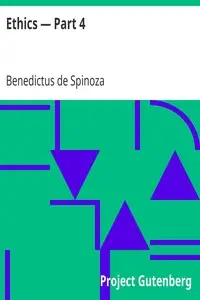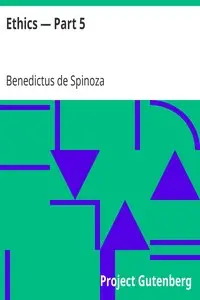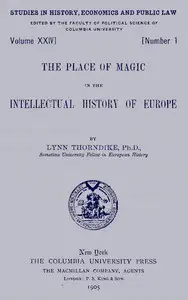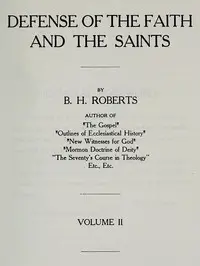On the Improvement of the Understanding, written by Benedictus de Spinoza, is a philosophical treatise that centers on the improvement of human understanding and the acquisition of knowledge. The book explores the nature of truth, the role of the intellect, and the methods for distinguishing true ideas from false or fictitious ones. Spinoza argues that the goal of human knowledge is to understand the essence of things and to acquire a clear and distinct perception of reality. He emphasizes the importance of critically evaluating one's own thoughts and perceptions, and of employing a systematic and rigorous method for acquiring knowledge. The treatise is divided into two main parts, the first dealing with the nature of the intellect and the methods for distinguishing true ideas, and the second part focusing on the rules for defining and understanding things. Throughout the book, Spinoza draws on his own philosophical system, which emphasizes the importance of reason, the unity of God and nature, and the interconnectedness of all things. The book is characterized by its emphasis on the active role of the intellect in acquiring knowledge, and its rejection of mere opinion and superstition. Spinoza's method is centered on the idea of beginning with a clear and distinct perception of a thing, and then proceeding to deduce its properties and consequences through a process of logical reasoning. He also stresses the importance of understanding the nature of the human mind and its limitations, in order to avoid errors and misconceptions. Overall, On the Improvement of the Understanding is a rich and complex work that offers insights into Spinoza's philosophical system and his views on the nature of knowledge and reality.

On the Improvement of the Understanding
By Benedictus de Spinoza
A philosophical treatise explores the nature of truth and knowledge, emphasizing the importance of critical evaluation, systematic method, and reason in understanding reality.
Summary
About the AuthorBaruch (de) Spinoza, also known under his Latinized pen name Benedictus de Spinoza, was a philosopher of Portuguese-Jewish origin. A forerunner of the Age of Enlightenment, Spinoza significantly influenced modern biblical criticism, 17th-century rationalism, and Dutch intellectual culture, establishing himself as one of the most important and radical philosophers of the early modern period. Influenced by Stoicism, Thomas Hobbes, René Descartes, Ibn Tufayl, and heterodox Christians, Spinoza was a leading philosopher of the Dutch Golden Age.
Baruch (de) Spinoza, also known under his Latinized pen name Benedictus de Spinoza, was a philosopher of Portuguese-Jewish origin. A forerunner of the Age of Enlightenment, Spinoza significantly influenced modern biblical criticism, 17th-century rationalism, and Dutch intellectual culture, establishing himself as one of the most important and radical philosophers of the early modern period. Influenced by Stoicism, Thomas Hobbes, René Descartes, Ibn Tufayl, and heterodox Christians, Spinoza was a leading philosopher of the Dutch Golden Age.

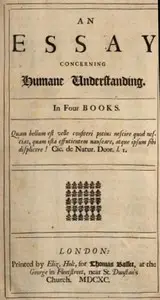
![A Theological-Political Treatise [Part III] by Benedictus de Spinoza](https://cdn.a2-host.cloud/Z1swC-iyRPdO0w24Vbpj6PEYPdrMXm_reky7g0_GFnk/rs:fill:215:325:0/g:ce/aHR0cHM6Ly9zcC1hc3NldHMuczMudXMtd2VzdC0wMDQuYmFja2JsYXplYjIuY29tL2Jvb2svOTkxL0FfVGhlb2xvZ2ljYWxQb2xpdGljYWxfVHJlYXRpc2VfUGFydF9JSUlfY292ZXIuanBn.webp)
